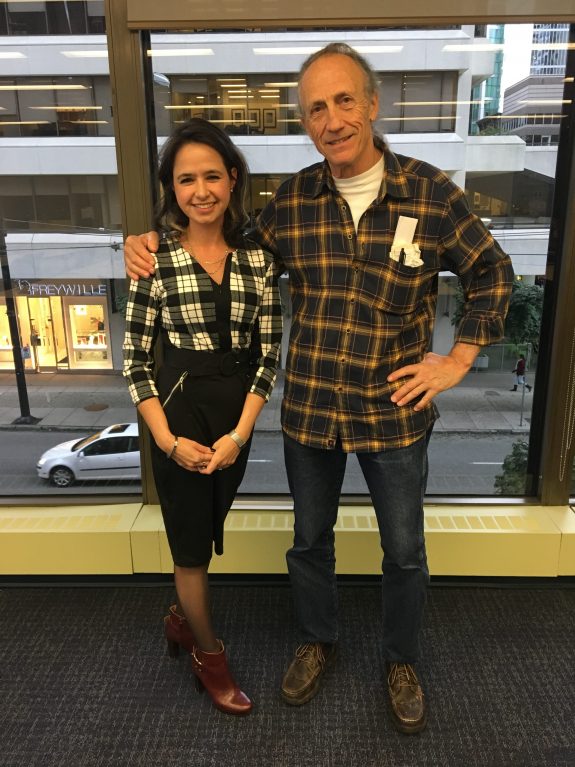Contributed by Dr Paul Sugar and Dr Marylene Kyriazis, Paul Sugar Palliative Support Foundation. The Paul Sugar Palliative Support Foundation is an organization that provides support and assistance to individuals living with an advanced illness, as well as to their families and other caregivers. In this interview, they tell us about their commitment to supporting those with terminal illnesses.
Can you tell me a little bit about your organization and the work you are doing?
Marylene: The organization was started to help support terminally ill patients and their families. Our focus is mainly on emotional support.
We have a facility where people can come and meet with other patients and get the support they need. But a lot of our work is also in the community. We have a lot of volunteers who go to patients if they can’t come to us. They don’t need referrals. People can just pop in and get whatever they need. We do accept referrals as well, but it is not the only way to access our services.
What makes your foundation unique from other organizations that focus on palliative care?
Marylene: We are unique, not so much in terms of our programs, but we are unique in how we support the formation of relationships with community volunteers to help people through their end of life journey. The programs that we run are tools to get connected, but our focus is not on the programs rather on the relationship formation. The programs are classes on relaxation, mediation, walking groups, counselling, reflexology, acupuncture and support groups. These classes are a way of getting people to our centre and helping them connect with the volunteers and with each other. Once those connections are made, it is the human being on the other side, to offer discussions with them, and offer practical supports if they need it.
People tend to feel very isolated and carry a lot of fears when they first receive a serious diagnosis. We try to provide the comfort that they need to reduce the fears and anxieties as much we can and to normalize things. So if friends and family are shying away, which is a very common reaction, we have volunteers that can be with them: someone who can visit, talk, and take them out for a walk. They are not alone.
There is no charge to access our services. It also funded through community donations. What really started it was seeing a few patients who slipped through the cracks because there was nobody to advocate for them or help them navigate the health care system. People can easily become mollified by the system and we can also provide guidance and advocacy with this.
So if they are physically lost and or emotional lost or emotionally troubled, we provide that support
We hear a lot about person-centered care and how can we implement this more within the health care system. Would you say your foundation embodies this philosophy?
Paul: Yes. Very much so. We look for the person behind the illness. We individualize the people and help people navigate towards the direction they need to go in. We help people become aware of all the tools and options that are available to them to ultimately help them live the best way possible for as long as they have left. As a physician though, I am relatively conservative. You know, I will try anything as long as it doesn’t cost the family farm but if someone is curious about something or wants to try something I will say try it out. At the same time, while I try to encourage and support, I also try to tell people when they are going off the rails, when they are becoming desperate. I’m pretty up front about those situations.
What would you both like people to know about palliative care?
Marylene: The first thing is that palliative care is not necessarily end of life care. End of life care is a component of palliative care. We want to see patients from diagnosis of a serious diagnosis.
Palliative care is living well with your terminal illness and we want to support that from the very beginning to make best use of that time. Actually living and not dying. And make use of the unique perspective it must offer you to have been given a terminal diagnosis. We all know we are going to die but we know if our heads not in our hearts.
The second is to listen. And listen well. This offers terminally ill patients the space they need and the safety to connect and lean on you as they embark on their palliative journey.
This Change Day, Paul and Marylene encourage others to simply listen to help lessen the feelings of isolation a palliative patient can often experience.


